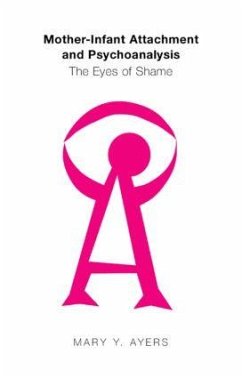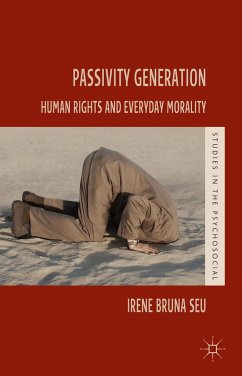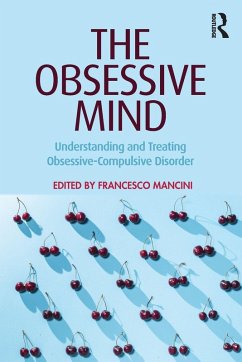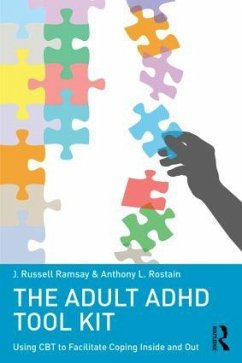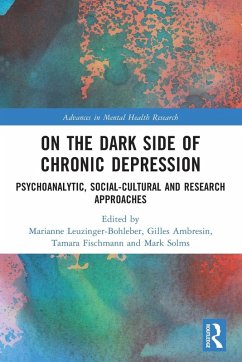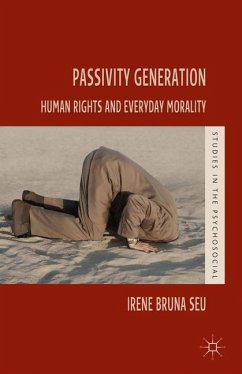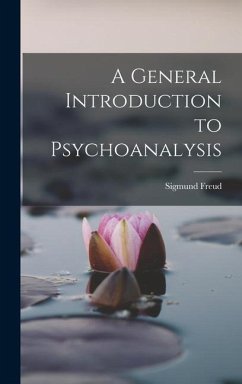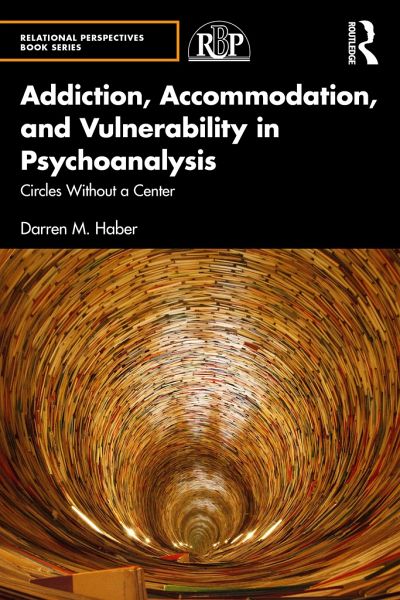
Addiction, Accommodation, and Vulnerability in Psychoanalysis
Circles without a Center
Versandkostenfrei!
Versandfertig in 6-10 Tagen
33,99 €
inkl. MwSt.
Weitere Ausgaben:

PAYBACK Punkte
17 °P sammeln!
This book explores the compulsions and trauma that underlie addiction, using an intersubjective approach in seeking to understand the inspirations and challenges arising from the psychoanalytic treatment of addiction, compulsivity, and related dissociative conditions.Drawing on insights from his own analytic practice and personal experience, in addition to the work of Stolorow, Brandchaft and Winnicott, among others, Haber considers the complex ways in which addiction becomes woven into a person's life, and analyses how it interacts with other problems such as depression and anxiety, self-frag...
This book explores the compulsions and trauma that underlie addiction, using an intersubjective approach in seeking to understand the inspirations and challenges arising from the psychoanalytic treatment of addiction, compulsivity, and related dissociative conditions.
Drawing on insights from his own analytic practice and personal experience, in addition to the work of Stolorow, Brandchaft and Winnicott, among others, Haber considers the complex ways in which addiction becomes woven into a person's life, and analyses how it interacts with other problems such as depression and anxiety, self-fragmentation, and ambivalence about treatment. Haber creatively integrates the work of Camus, Kafka, and Beckett to further contemplate the dilemmas that can arise during the clinical process and, in identifying his own and his patients' vulnerabilities and contradictions, provides an honest, humorous and sometimes painful account of what happens in the consulting room.
With its use of rich clinical material and an accessible and vivid writing style, this book will appeal to all psychoanalysts and psychotherapists working with patients affected by addiction, as well as other professionals seeking new insights into effective strategies for treating this most challenging malady.
Drawing on insights from his own analytic practice and personal experience, in addition to the work of Stolorow, Brandchaft and Winnicott, among others, Haber considers the complex ways in which addiction becomes woven into a person's life, and analyses how it interacts with other problems such as depression and anxiety, self-fragmentation, and ambivalence about treatment. Haber creatively integrates the work of Camus, Kafka, and Beckett to further contemplate the dilemmas that can arise during the clinical process and, in identifying his own and his patients' vulnerabilities and contradictions, provides an honest, humorous and sometimes painful account of what happens in the consulting room.
With its use of rich clinical material and an accessible and vivid writing style, this book will appeal to all psychoanalysts and psychotherapists working with patients affected by addiction, as well as other professionals seeking new insights into effective strategies for treating this most challenging malady.








